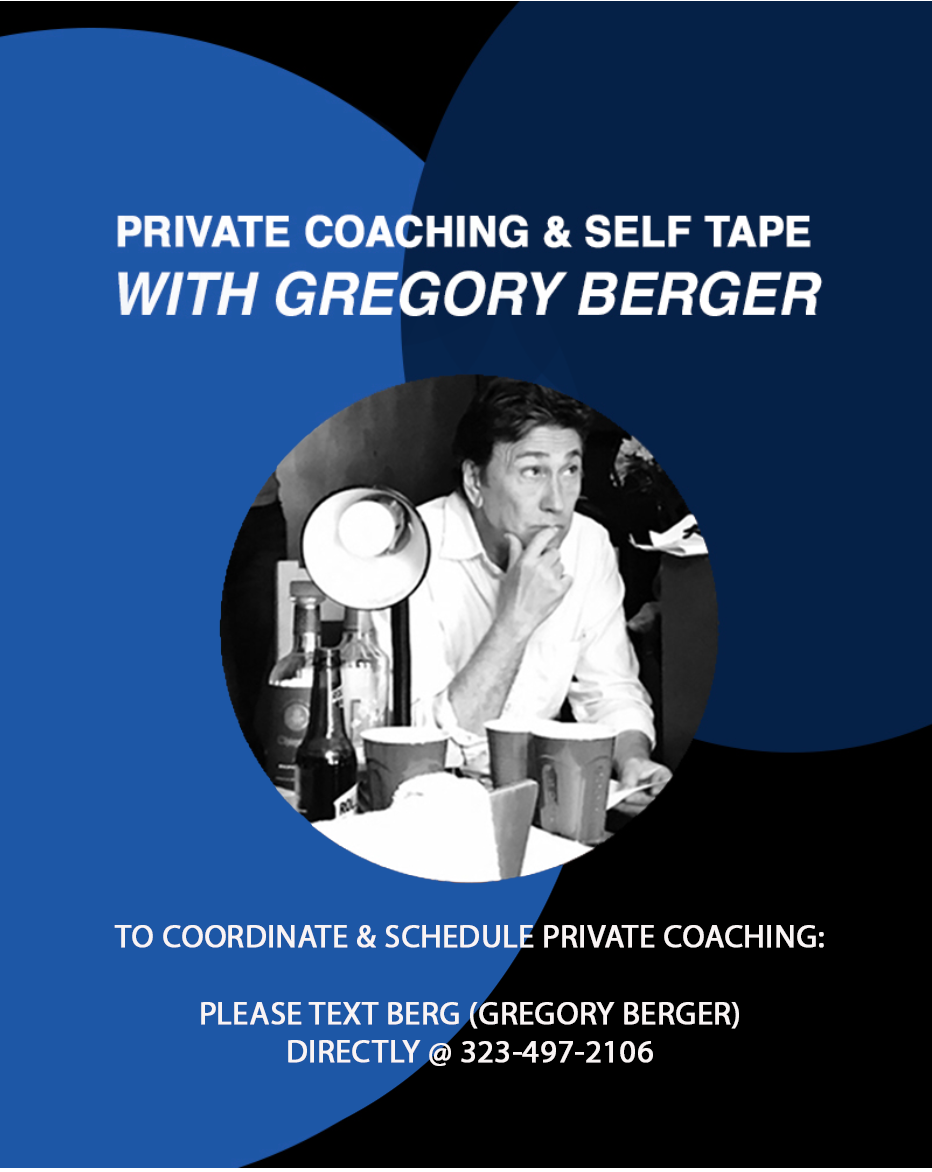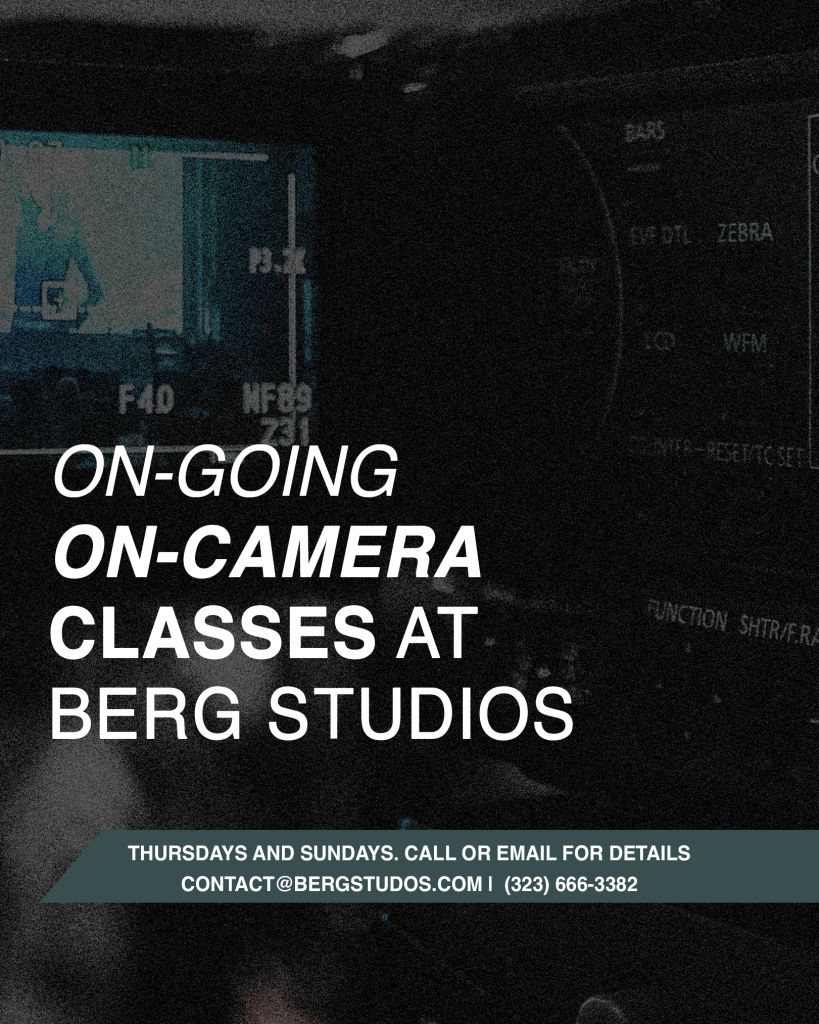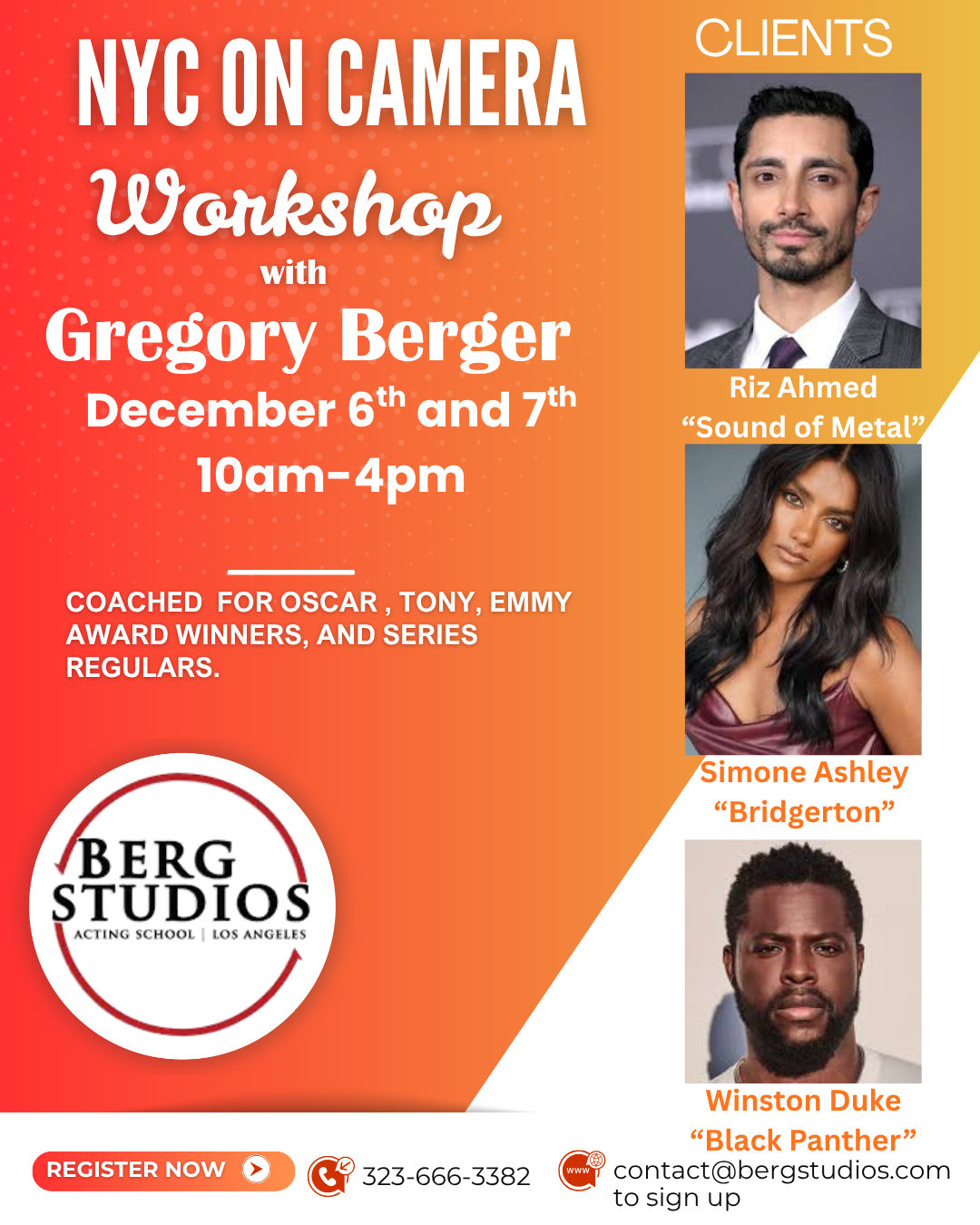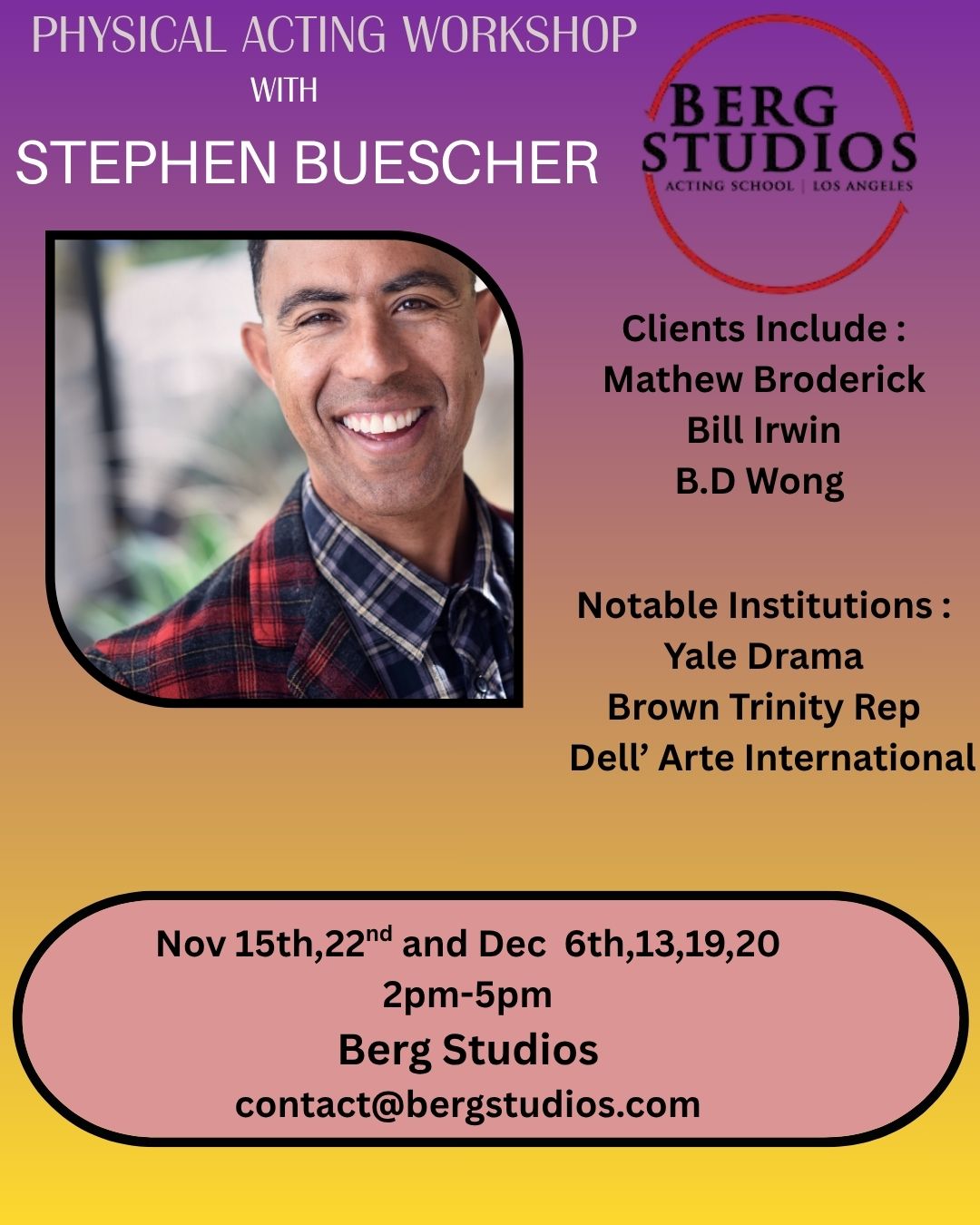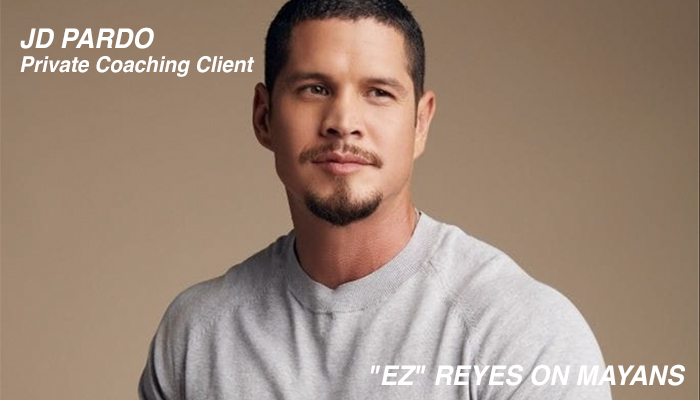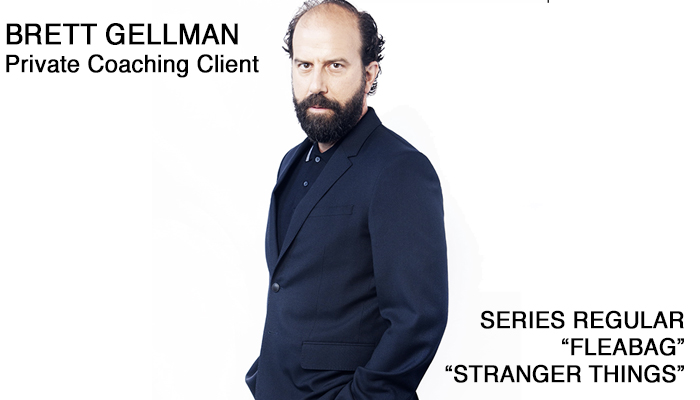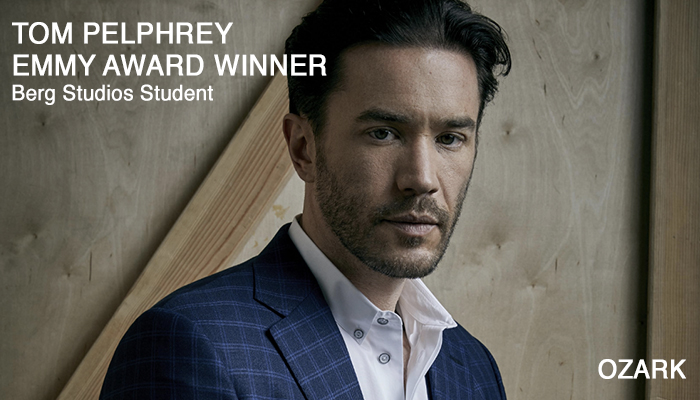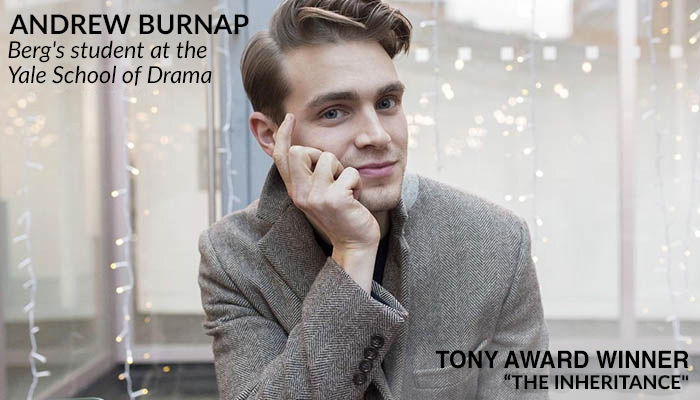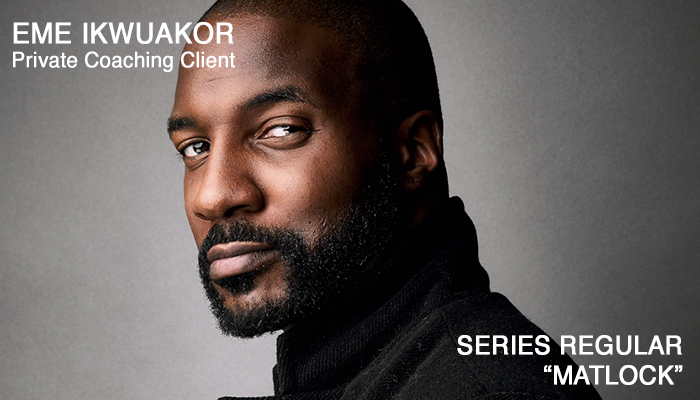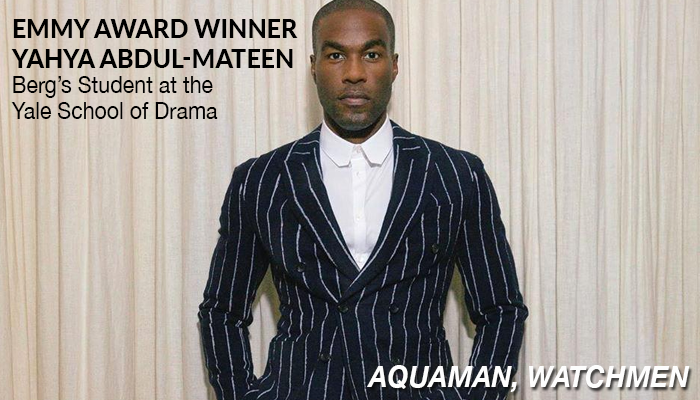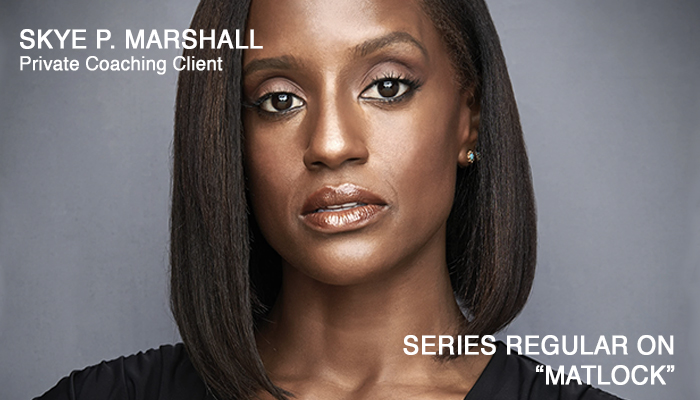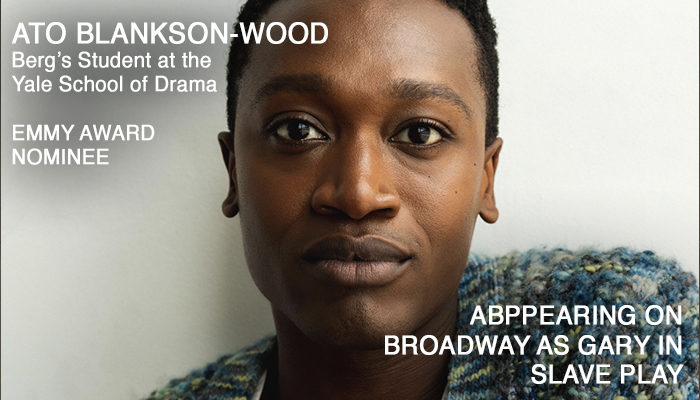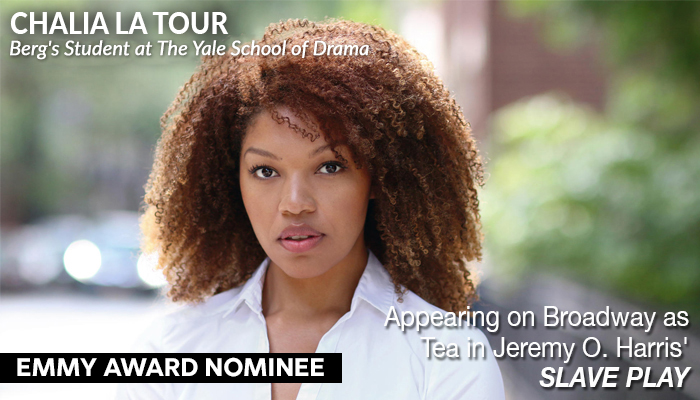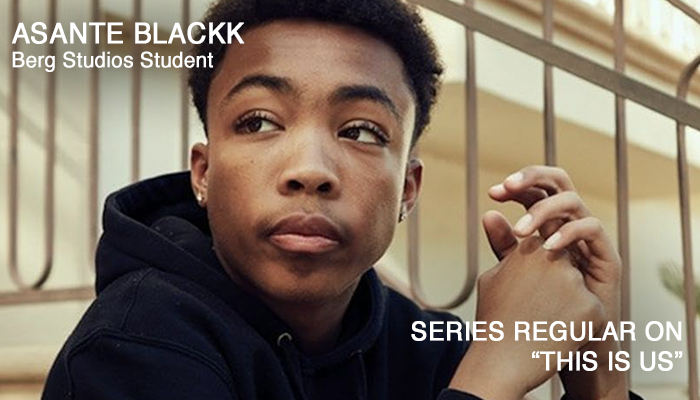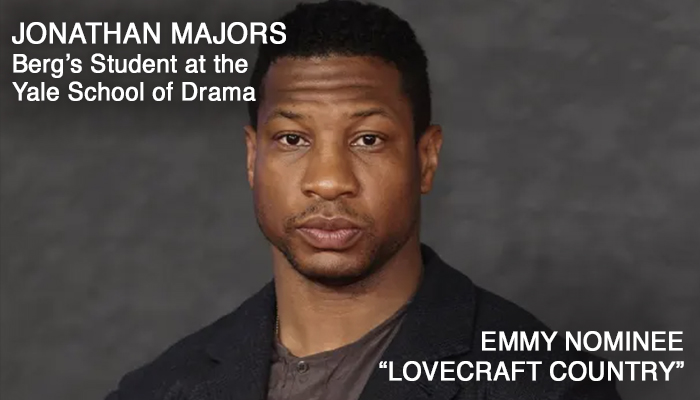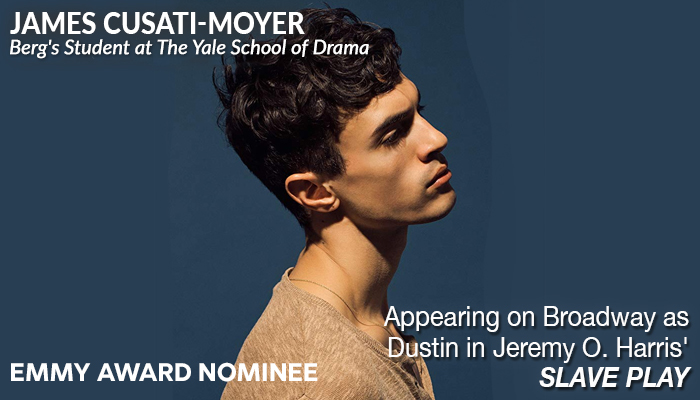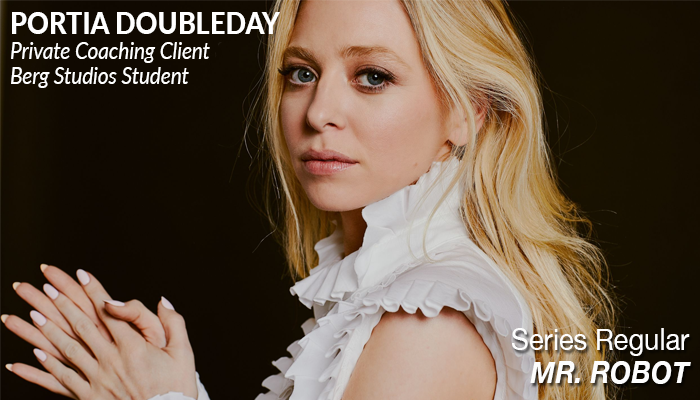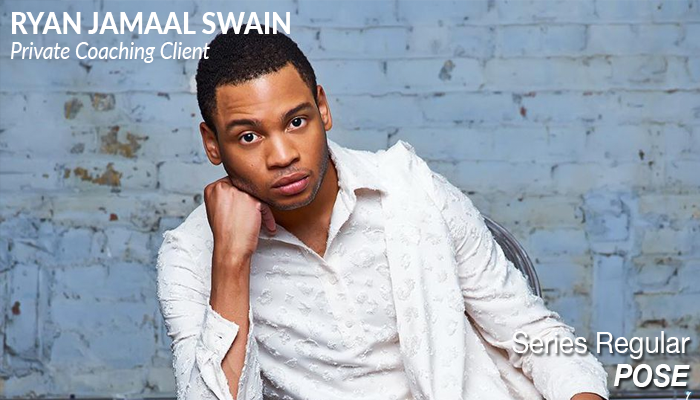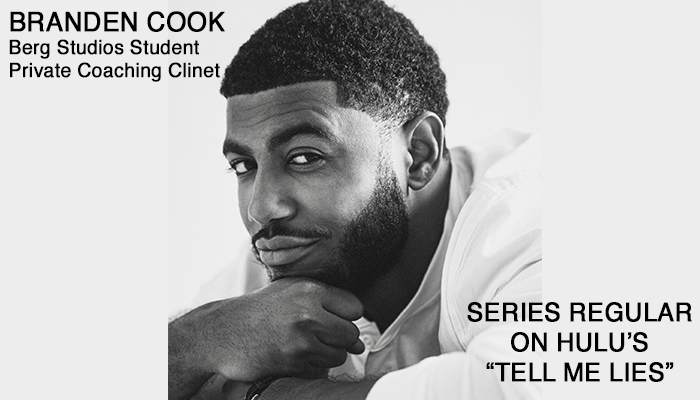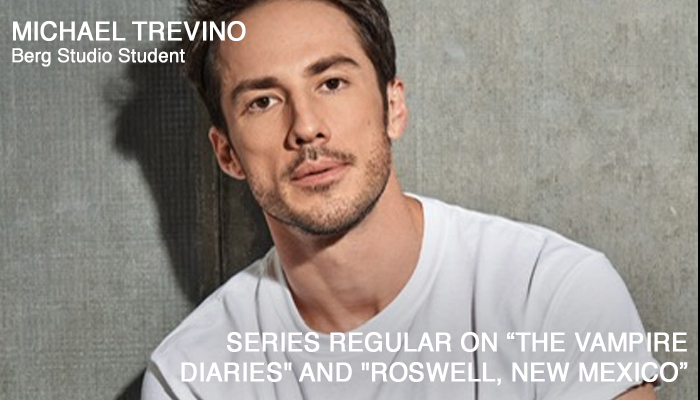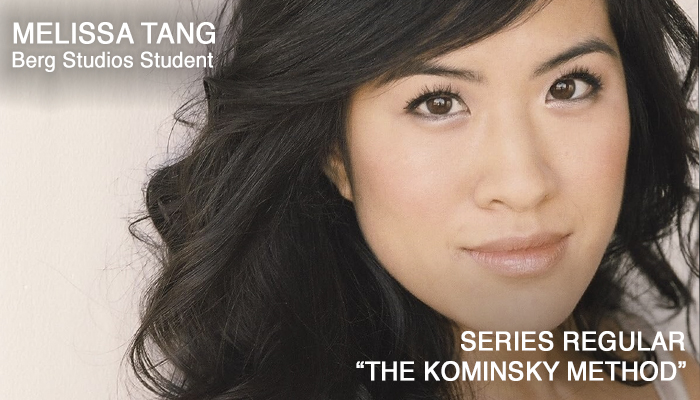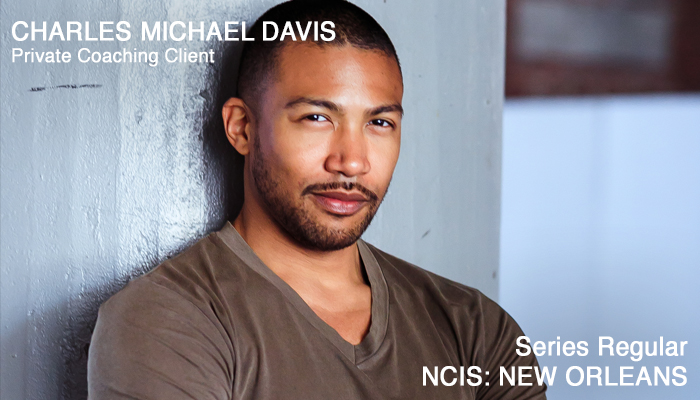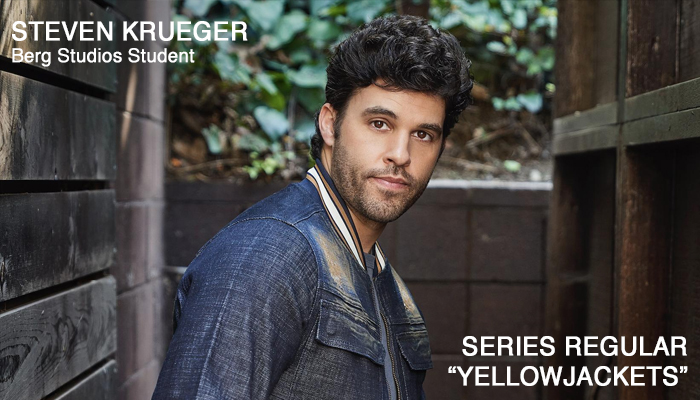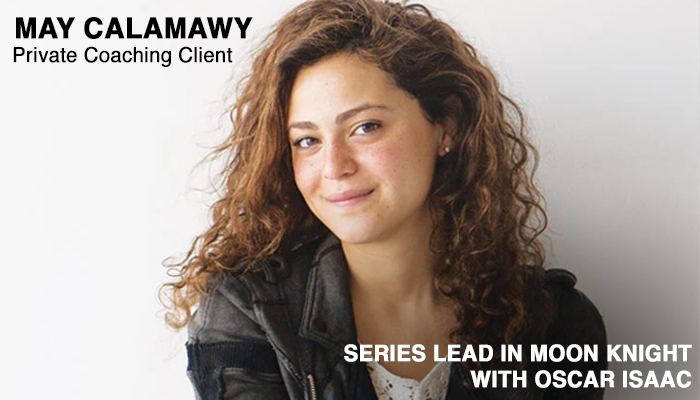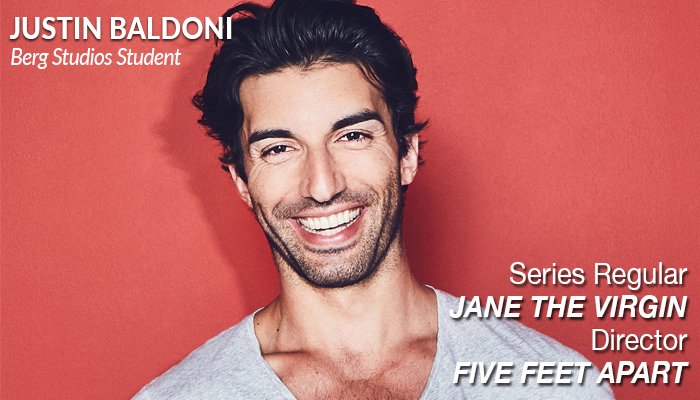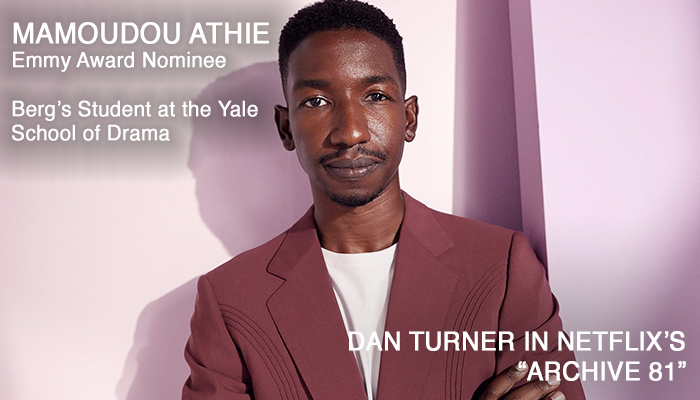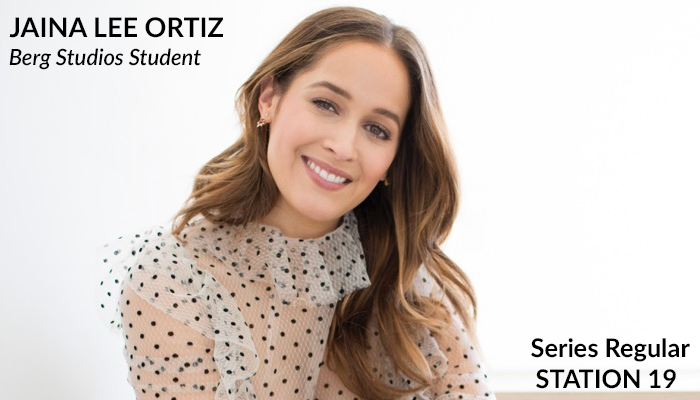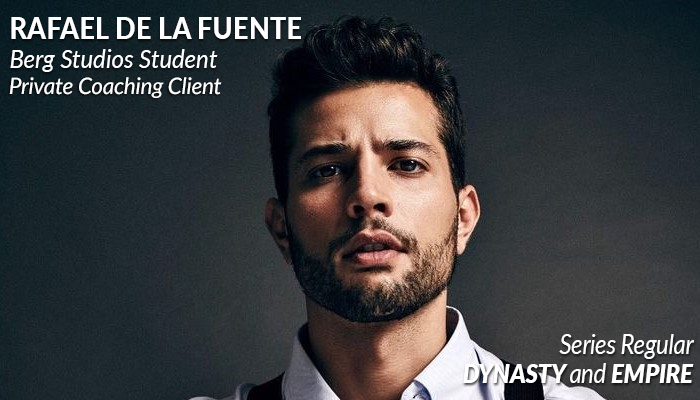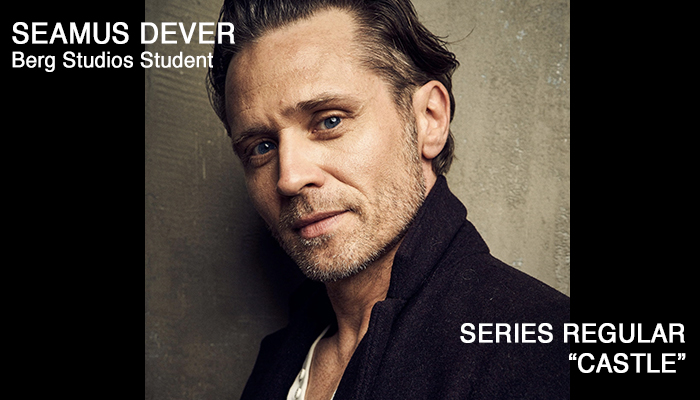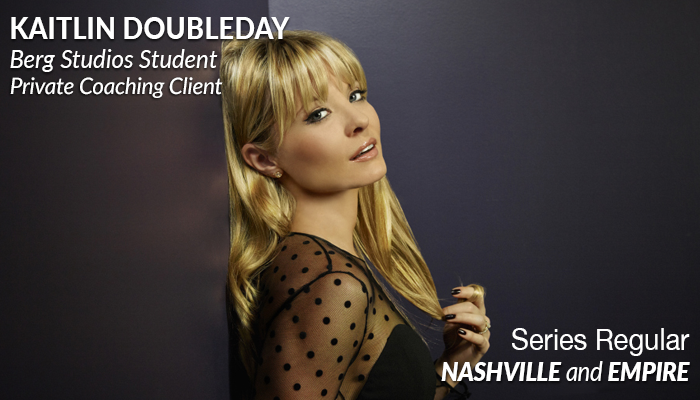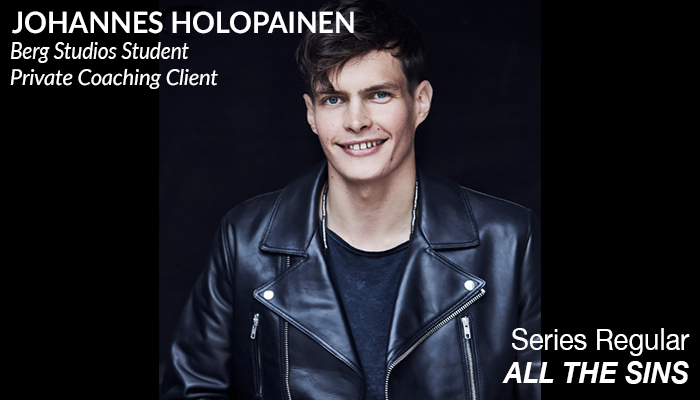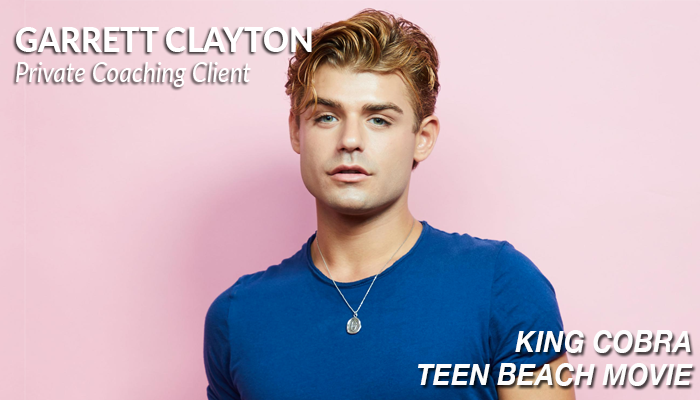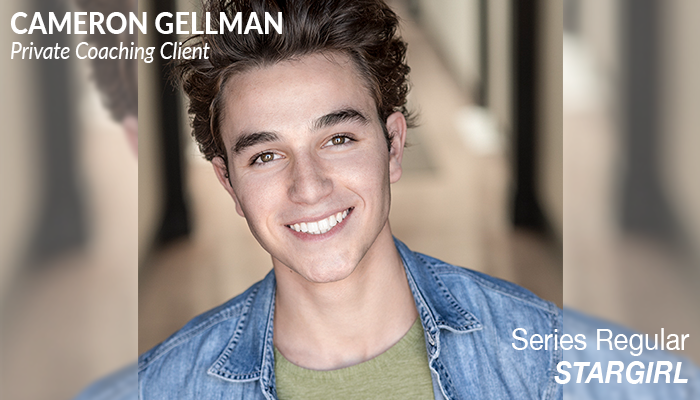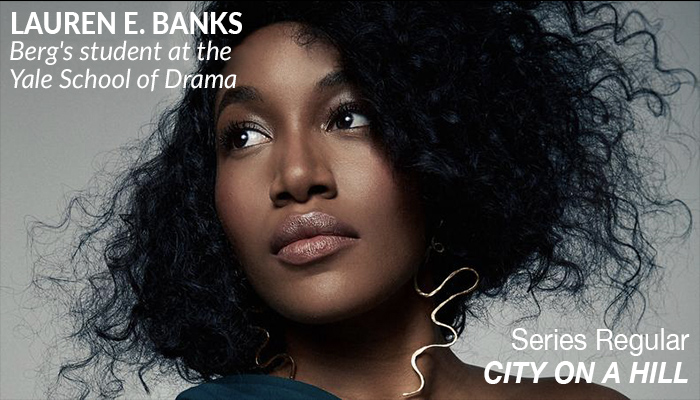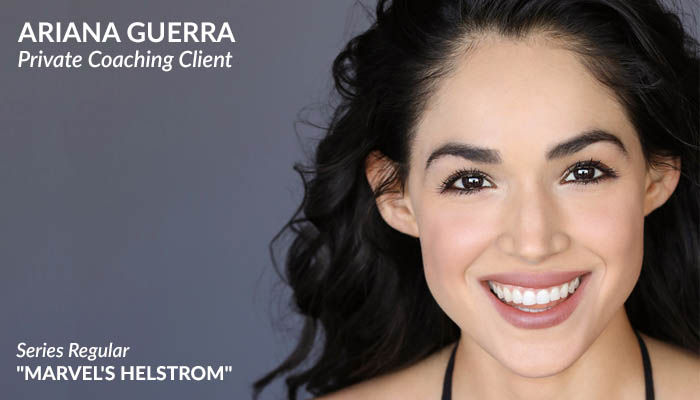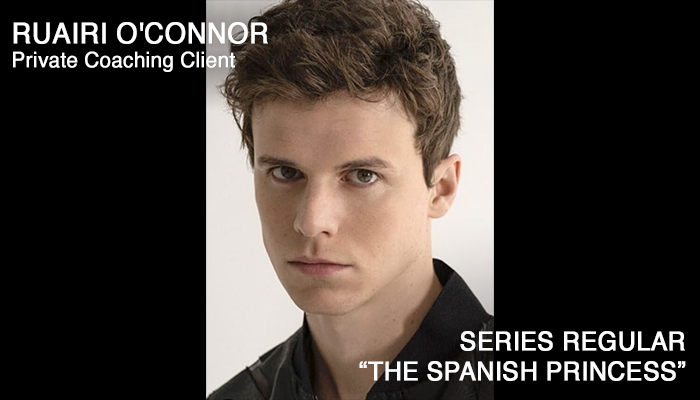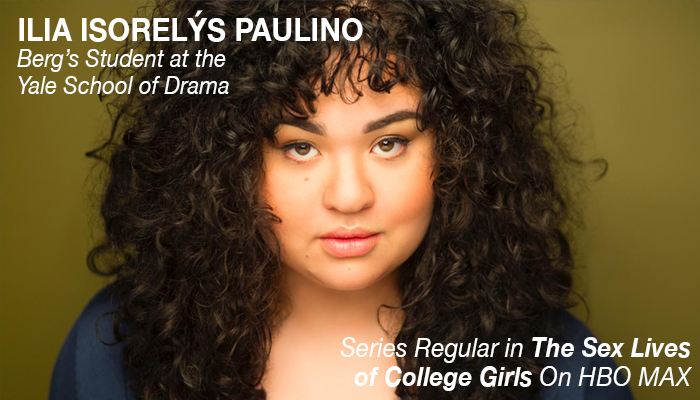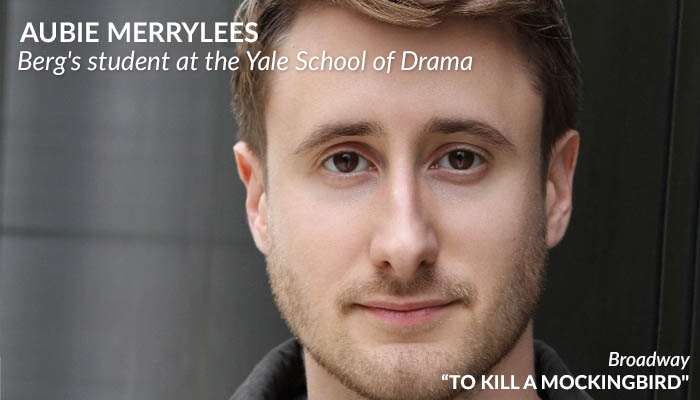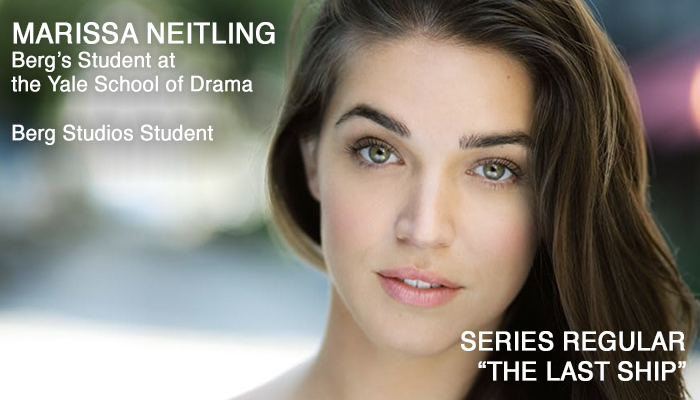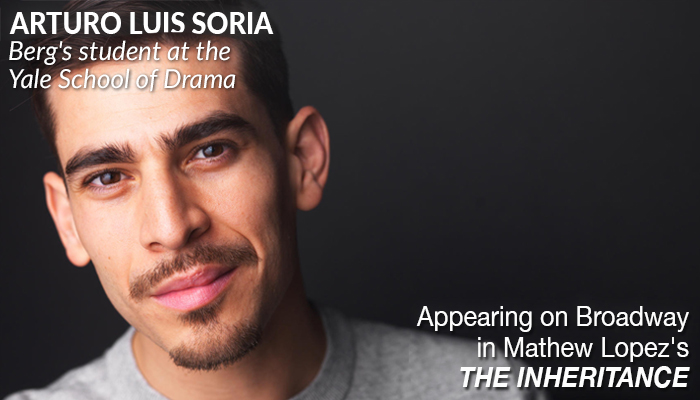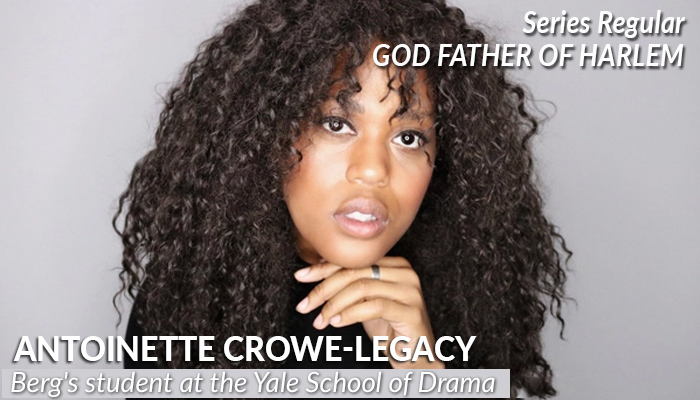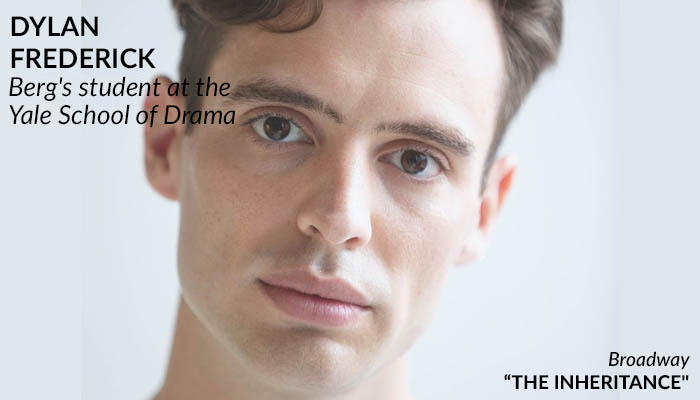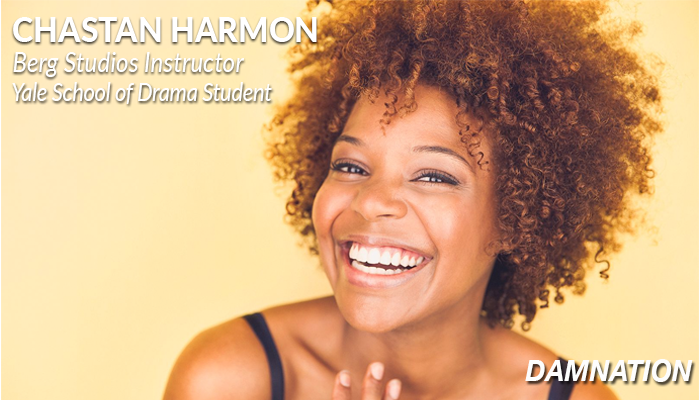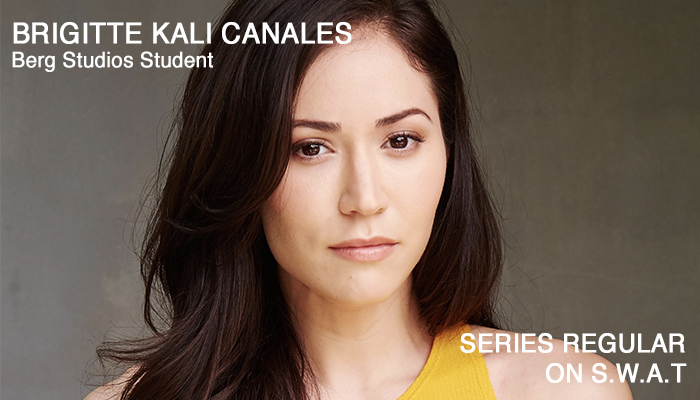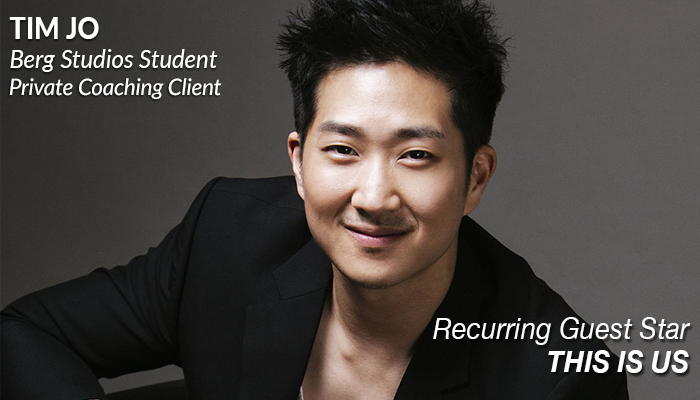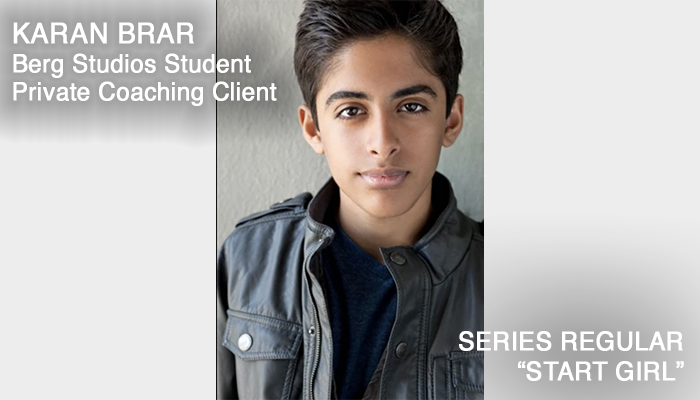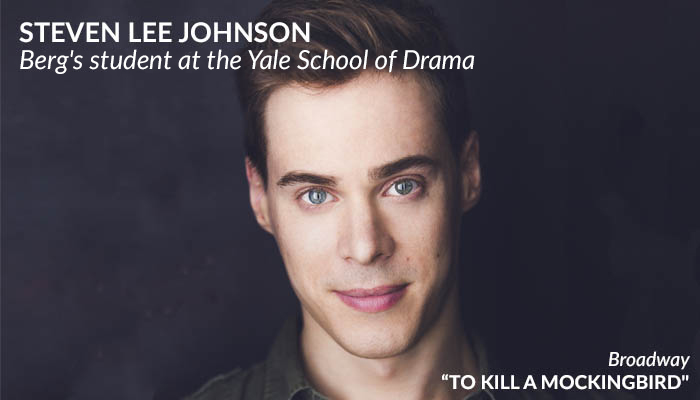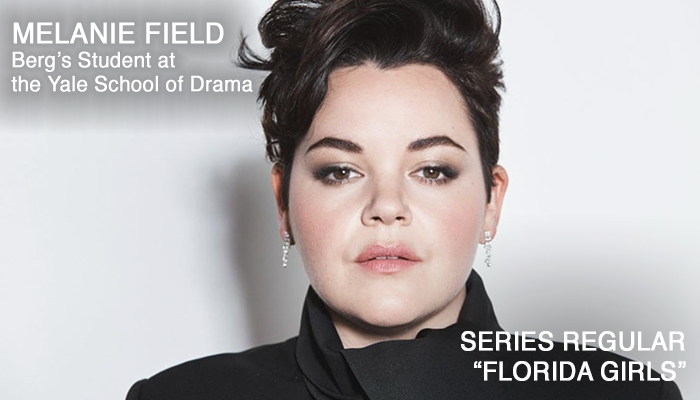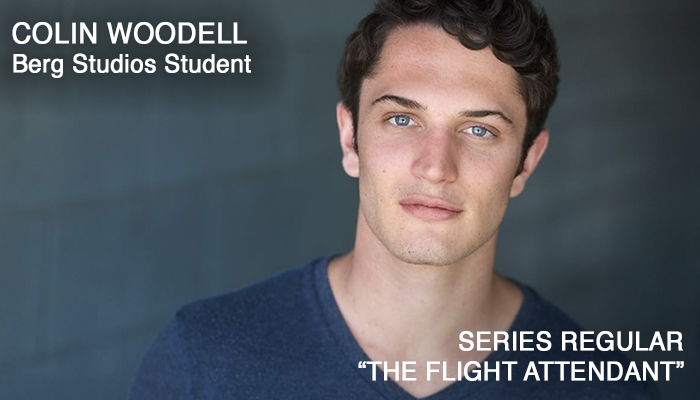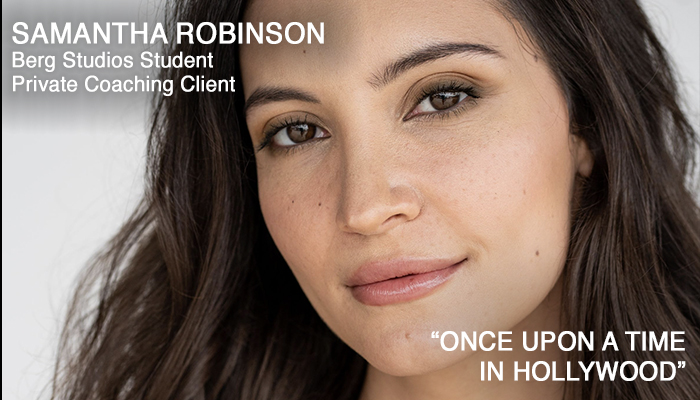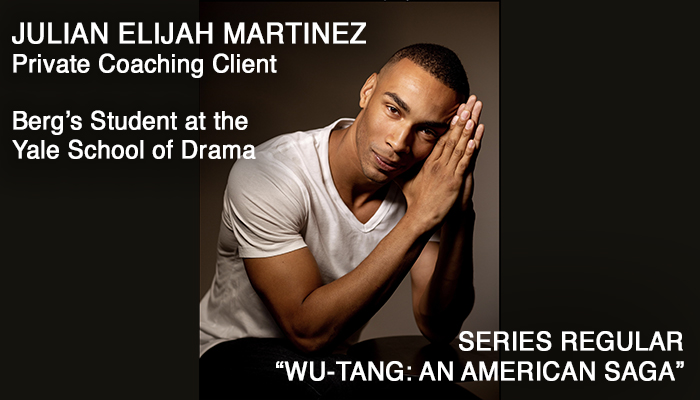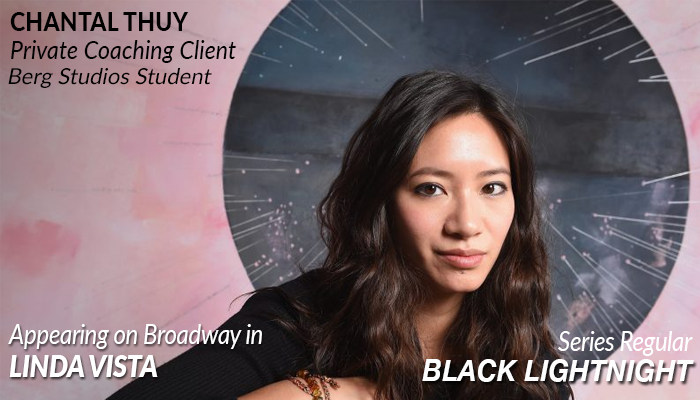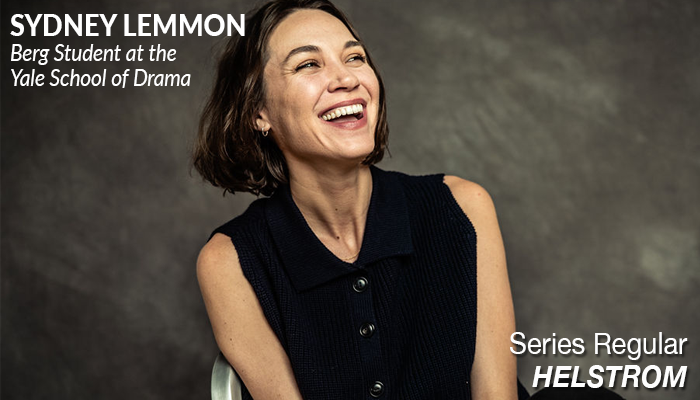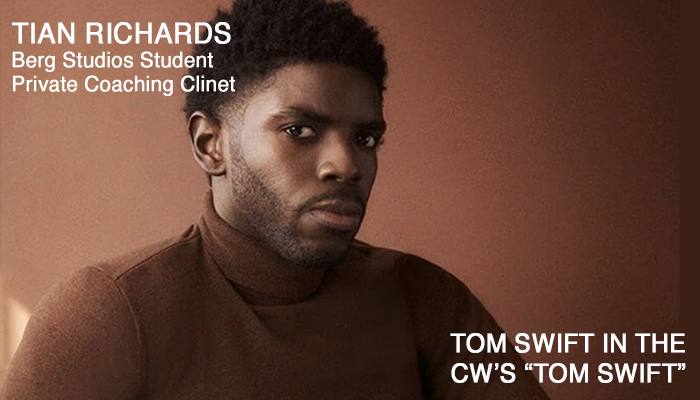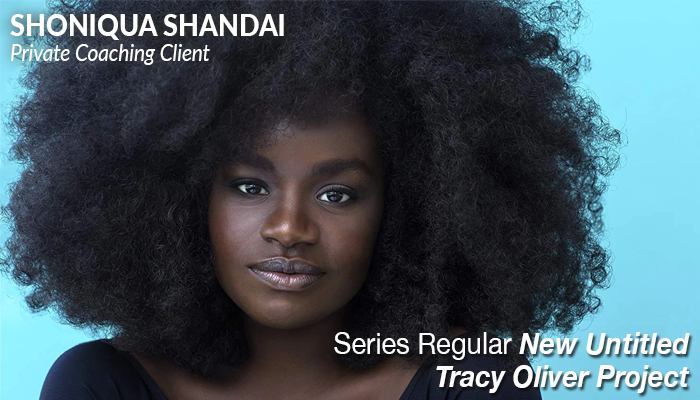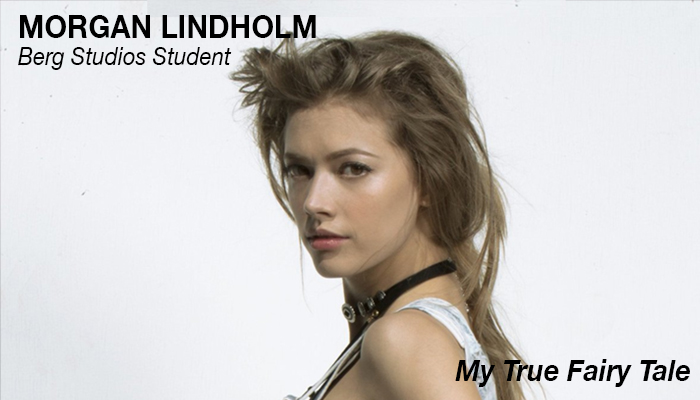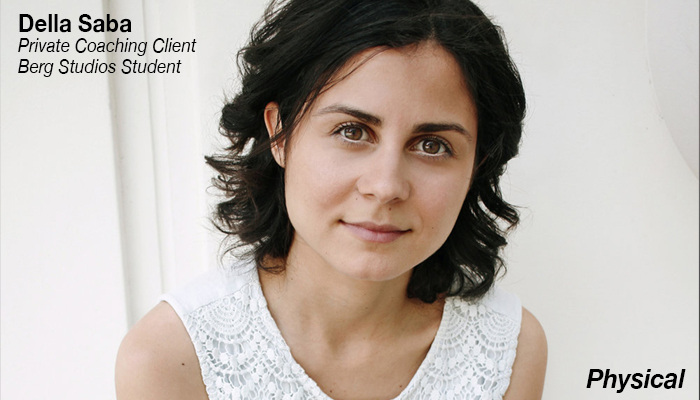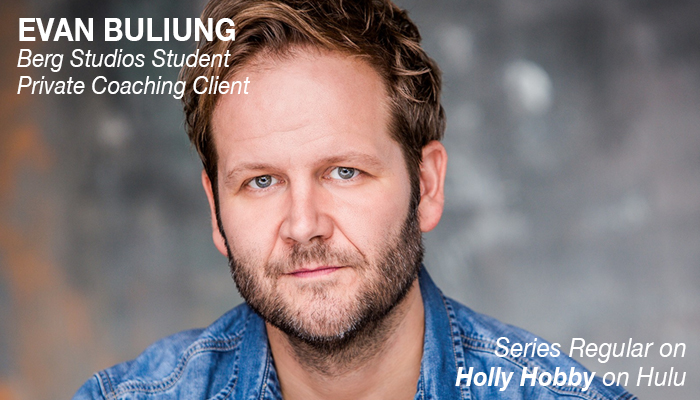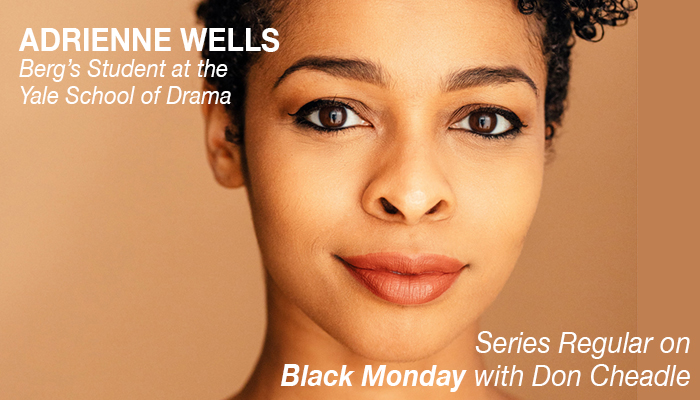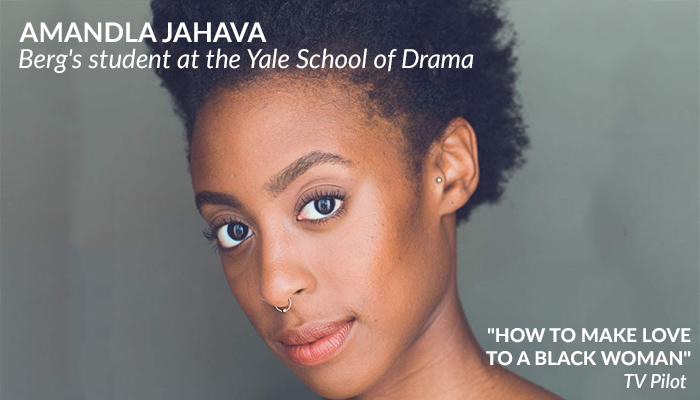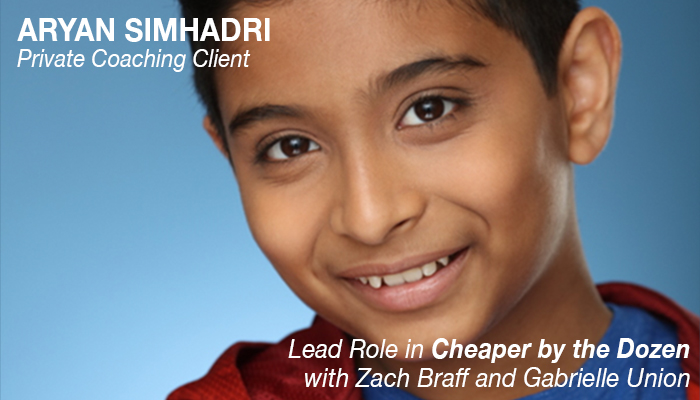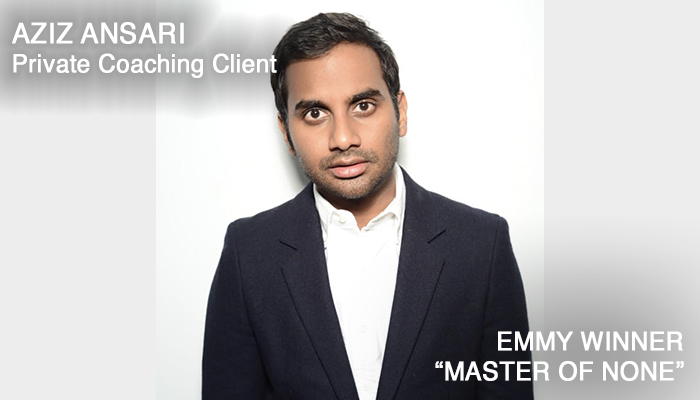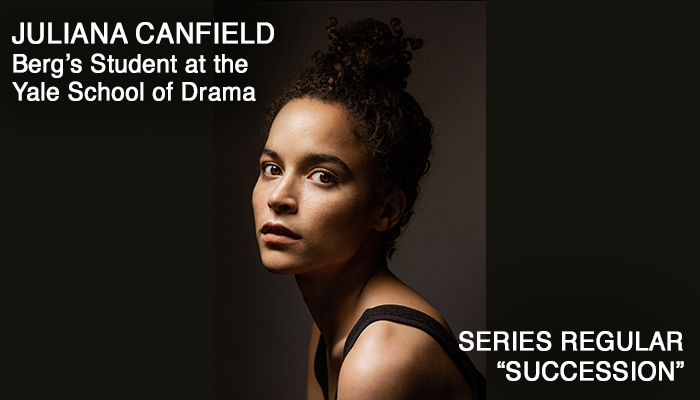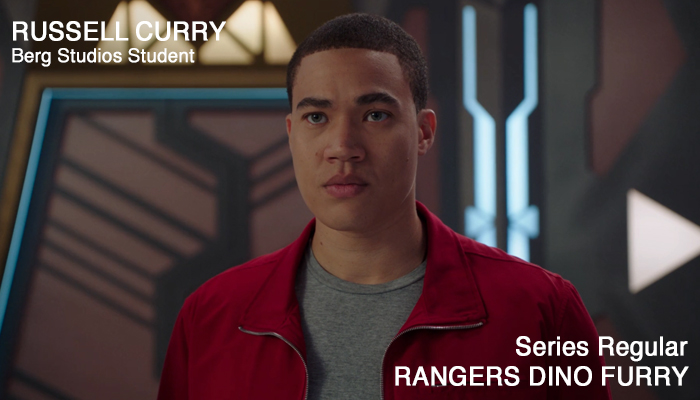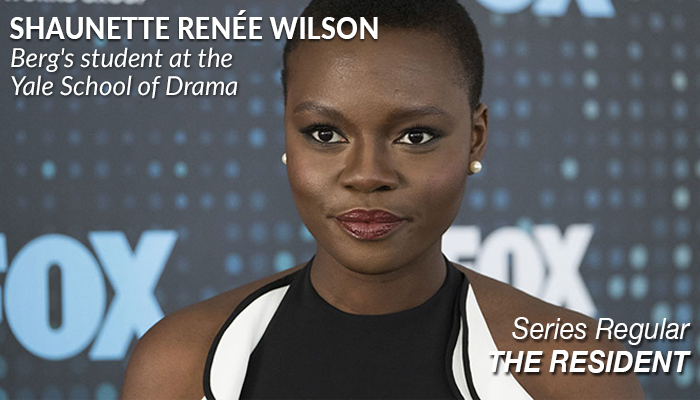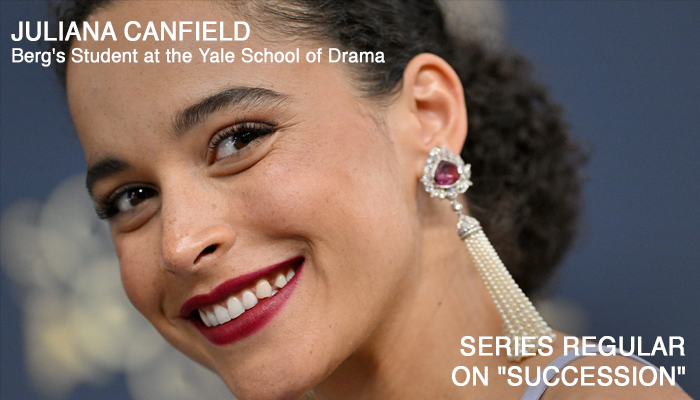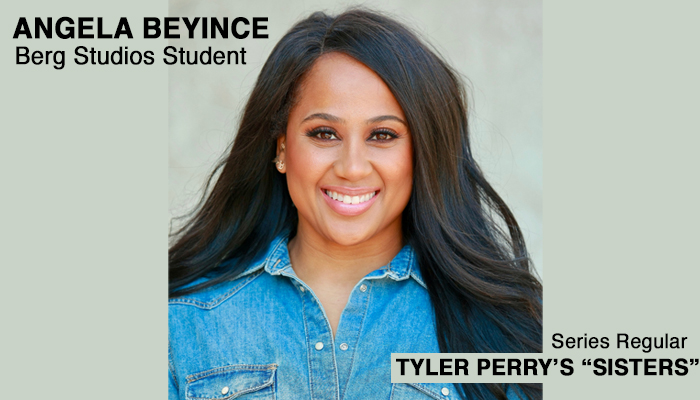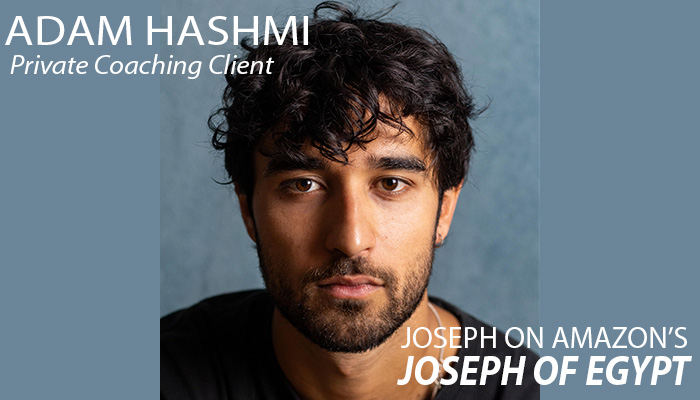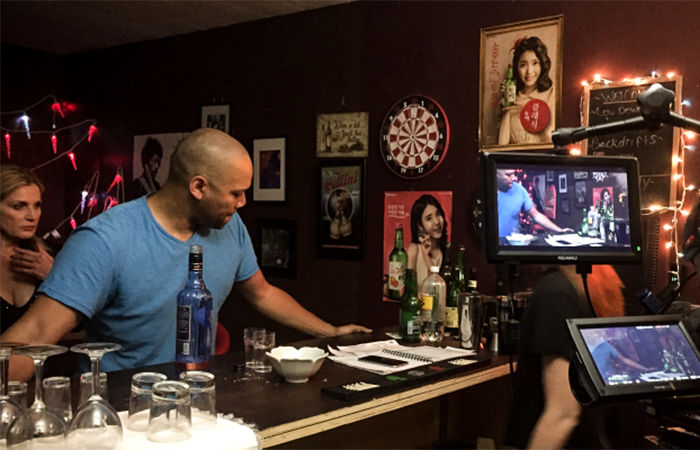
“Working with Gregory Berger has been a revelation. His approach centers around unleashing and tending to your innate imaginative capacity. He has taught me how to investigate text with specificity and how to load up my imagination, trusting that emotion follows when adequately provoked by specific imaging. His work involves investigating all senses in order to create three dimensional characters that are unique and born of the actor’s personal interests. Ultimately, my work with Berg has taught me how to trust myself, and that is invaluable!”
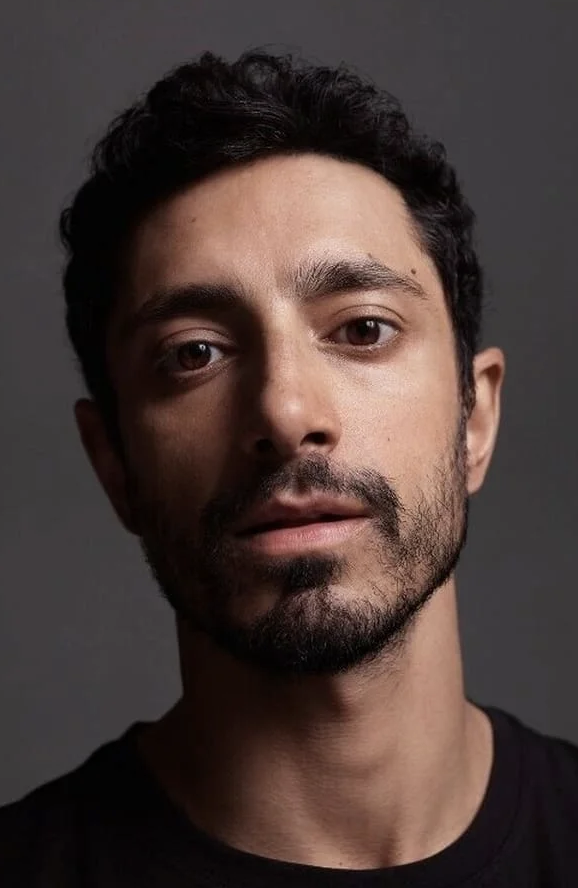
“Gregory has helped reconnect me to my imagination as an actor and to my sense of mission as an artist. His method is both rigorous and irreverent, always pushing you to question yourself and your surroundings. By unleashing your innate sense of playfulness, he grounds you in the most active and surprising ways – allowing you to unmask your privacy.”
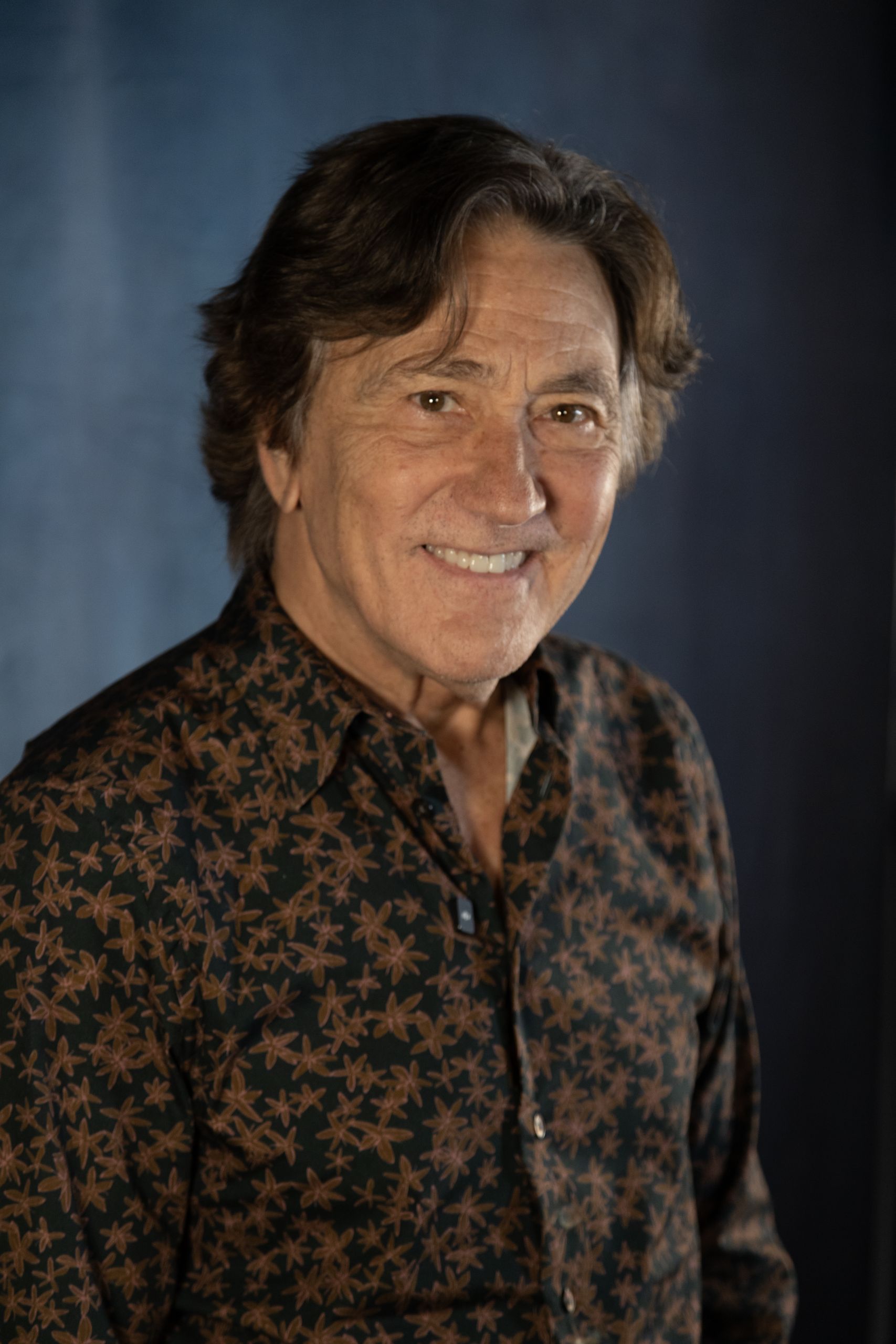
GREGORY BERGER
Previous Faculty & Graduate
Yale School of Drama
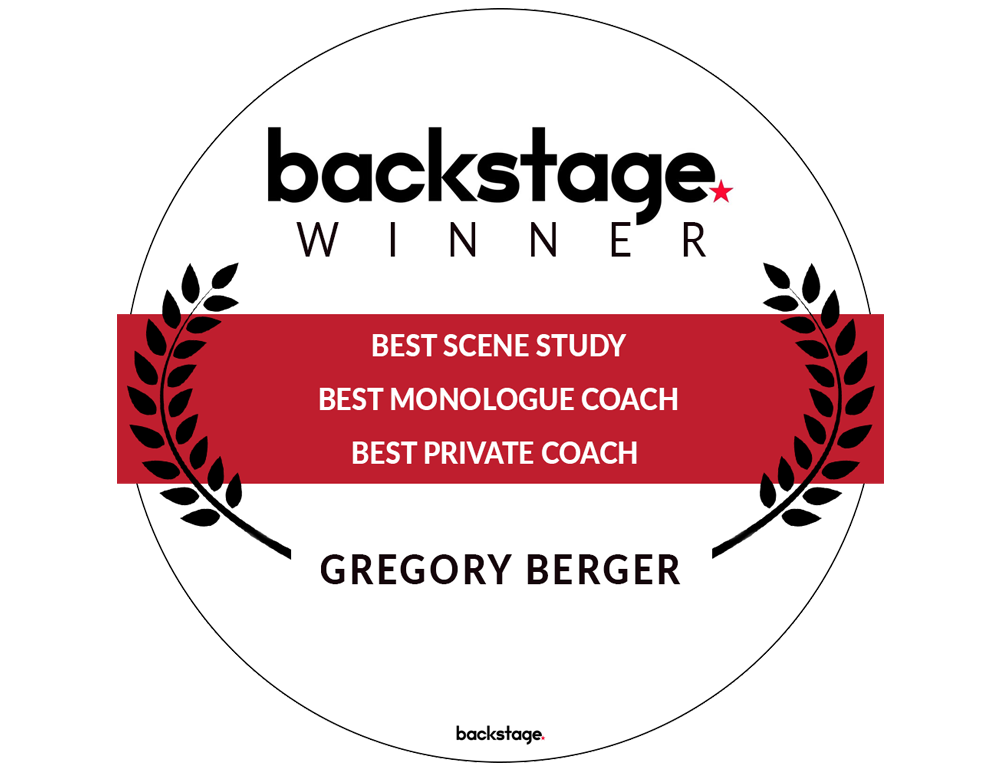
Award-winning teacher Gregory Berger (Berg) founded Berg Studios in Los Angeles in 1998, where he serves as the Master Acting Teacher. His clients have received Academy Awards, Emmy awards/nominations, and Tony awards. He is a graduate and former faculty member of the Yale School of Drama, where he taught On-Camera Acting Technique.
Gregory’s film coaching clients and students include Oscar winner Lupita Nyong’o (Us, Black Panther: Wakanda Forever, A Quiet Place: Day One), Oscar and Emmy winner Riz Ahmed (Sound of Metal, Mogul Mowgli, Encounter), and Winston Duke (Black Panther, Nine Days). He has also coached Emmy winner Aziz Ansari on (Good Fortune), starring Keanu Reeves and Seth Rogen, and Emmy nominee Michaela Coel, in David Lowery’s A24 film “Mother Mary”. Additional students include Jonathan Majors (Emmy nominee), Yahya Abdul-Mateen II (Emmy winner), Simone Ashley (SAG Award nominee), Hasan Minhaj, and Moses Ingram (Emmy nominee). Gregory’s recent television credits include coaching series regular leads on acclaimed and award-winning shows (see carousel) such as The Night Agent, The Pitt, Yellowjackets, Pulse, The Residence, Nine Perfect Strangers, Gen V, Tell Me Lies, and Harlem, as well as Scorsese-Spielberg’s Cape Fear and Brothers featuring Matthew McConaughey and Woody Harrelson.
As an actor, he has been nominated for Best Actor at the Beverly Hills Film Festival for the film Persona. The film was also in the semi-finals for the Best Short category for the Academy Awards. Guadalupe the Virgin, another film he starred in, was named best film at the Mexico International Film Festival.
Prior to Yale, he trained at The Circle in the Square Theatre in New York City. He studied with Paul Mann (who coached Sidney Poitier and Al Pacino), Earle R. Gister ( Frances McDormand, Angela Bassett, Paul Giamatti, Leiv Schrieber, John Turturro), Michael Howard (Kerry Washington, Olympia Dukakis), Kim Stanley (Joanne Woodward, Jane Fonda), and Nikos Psacharopoulos (founder of Williamstown Theatre Festival).
Gregory’s New York stage credits include Broadway credits Come Back to the Five and Dime Jimmy Dean, The Flowing Peach, Romeo and Juliet, The Admiral Bashful, and The Shrewing of Blanco Posnet. Off-Broadway credits include Molly, Andrew After Dark, Much Ado About Nothing, Faust, and The Colonization. Regional credits include work at the Yale Repertory Theater and The Yale School of Drama: A Midsummer Night’s Dream, King Lear, King John, Measure for Measure, Three Sisters, and A Ride Across Lake Constance, to name a few. Among his directing credits are Dolores and Sisters at the Company of Angels and the West Coast premiere of John Ford Noonan’s POPPS.
Berg Studios has also been voted Best Acting Class, Best Classical Class, Best Monologue Coach, and Private Coach by Backstage Magazine. He teaches bi-coastally and leads various international workshops.
WHY CHOOSE BERG STUDIOS?
Our studio is dedicated to cultivating the actor’s skillset through imaginative and behavioral work. Students strive for authenticity and bold originality by building a repeatable technique.
Our approach is twofold: first providing the actor with tools to make choices from the text, and then leading them to find their own spontaneous behavior. In doing so, the actor’s task shifts from self-consciously asking “What do I look like?” to examining “What do I see?” We believe that this foundation is applicable to film, television, and stage, across all genres and media.
The Berg Studios faculty is primarily composed of graduates of The Yale School of Drama and The Juilliard School. Unique among Los Angeles acting schools, we replicate the techniques of the top graduate acting programs in the country.
We offer on-going classes led by our core teaching staff of working professionals, as well as curated workshops taught by guest faculty from around the world.

